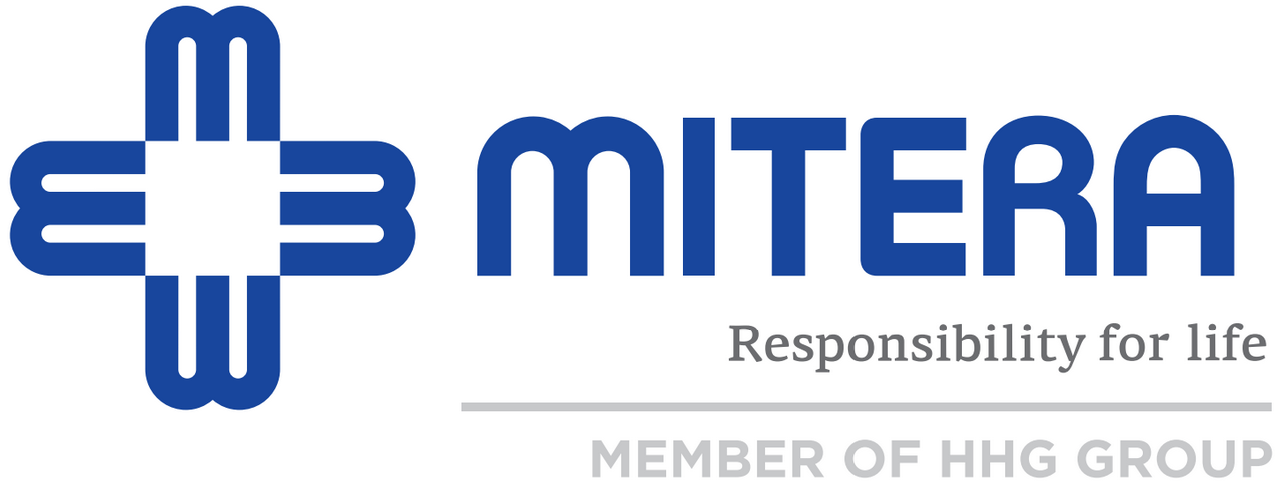Oocyte (egg) donation programme
by Antonios Mavrikios, MD
Reproductive Gynecologist, Institute of Life MITERA
Egg donation is a useful procedure for women who either do not have functioning ovaries or who have ovaries that are not producing good quality eggs. The most common indication for donor eggs is infertility in the older female. Fertility declines with advancing age of the female. This decline appears to be, due predominately to aging of the ovaries and poor egg quality. Although a decrease in receptivity of the uterus may play a role, the decline in egg quality seems to be the main factor. The use of donor eggs circumvents this problem. Egg donors are rigorously screened both medically and psychologically.
The procedure
The egg donor undergoes ovarian stimulation to produce multiple eggs. The recipient woman’s menstrual cycle is synchronized to that of the egg donor. Once the eggs are harvested from the donor, they undergo in vitro fertilization using sperm from the recipient’s husband. The resulting embryos are cultured in the laboratory for several days, then transferred into the uterus of the recipient woman. The recipient is given hormones to prepare her uterus for embryo implantation and to maintain a pregnancy should implantation occur.
Pregnancy Rates
Pregnancy rates with donor eggs are uniformly higher than pregnancy rates with standard IVF. This is most likely due to the better quality of eggs that are typically obtained from egg donors. If a pregnancy occurs, the recipient woman will be maintained on hormonal support until the end of the 1st trimester of pregnancy.
At this time, the placenta will make sufficient hormones to support the pregnancy and hormonal supplementation can be discontinued. The remainder of the pregnancy should be no different than a spontaneously conceived pregnancy.
Why choose Greece for egg donation
Greece has one of the most advanced fertility law in Europe. The law allows for the preservation of the donors’ anonymity.
It states also the infectious and genetic tests that must be run to eggs donors in order to guarantee not to suffer from any genetic, infectious or inherited disease which could be transmitted to the progeny. In Greece a donation in exchange for payment is prohibited by law. To cover any expenses incurred during the process the donors are given a financial compensation for any inconveniences caused by travels or work-related incompatibility.
Why choose IOL-MITERA for egg donation
The IVF Unit stands for more than 30years guaranteeing high standards of expertise in all aspects of assisted conception. A recently major renovation makes our lab one the best and fully accredited by the European ISO 9001:2015 and ISO 15224:2012.
The selection process of donors is rigorous and follows strictly quality protocols set out by the Greek Law on Assisted Reproduction.
Multilingual doctors and highly qualified personnel will assist couples in every step of the treatment.
Overall success rate (fresh and frozen cycles) for last year was 66 % (clinical pregnancy rate ).



